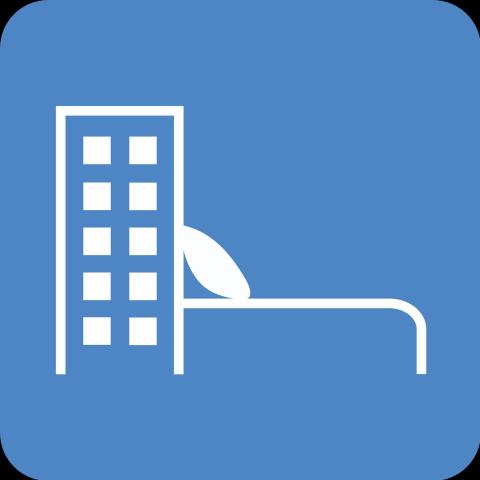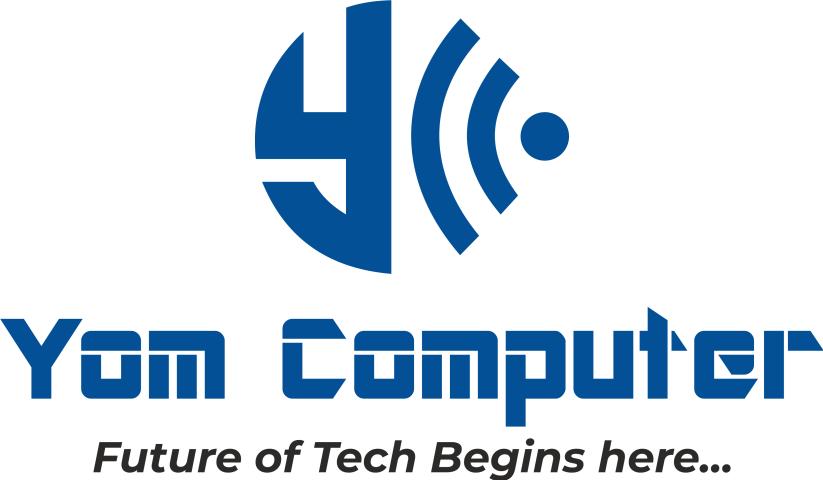Healthtech, short for "health technology," refers to the application of technology to improve health and healthcare services. It encompasses a wide range of digital solutions, devices, and innovations designed to enhance the efficiency, effectiveness, and accessibility of healthcare. Healthtech aims to address various challenges in the healthcare sector, such as improving patient outcomes, reducing costs, and increasing the efficiency of healthcare delivery. Here are some key components and aspects of healthtech:
Key Components
1. Telemedicine and Telehealth:
- Remote consultation and diagnosis using video conferencing, phone calls, or messaging.
- Enables patients to access healthcare services without the need for physical visits.
2. Electronic Health Records (EHRs) and Electronic Medical Records (EMRs):
- Digital systems to store and manage patients' medical histories and health information.
- Facilitates easy access, sharing, and updating of patient records among healthcare providers.
3. Wearable Devices and Remote Monitoring:
- Devices such as smartwatches, fitness trackers, and medical-grade wearables that monitor vital signs, physical activity, and other health metrics.
- Enables continuous remote monitoring of patients' health conditions.
4. Health Information Systems (HIS):
- Integrated systems for managing healthcare operations, including patient management, billing, scheduling, and reporting.
- Enhances the efficiency of healthcare facilities and improves patient care.
5. Mobile Health (mHealth) Apps:
- Mobile applications that provide health-related services, such as appointment scheduling, medication reminders, and health tracking.
- Empower patients to manage their health and wellness on-the-go.
6. Artificial Intelligence (AI) and Machine Learning:
- AI-powered tools for diagnostics, predictive analytics, personalized treatment plans, and administrative automation.
- Enhances the accuracy and efficiency of healthcare processes.
7. Robotics and Automation:
- Robotic systems for surgical procedures, rehabilitation, and patient care.
- Automation of routine tasks to free up healthcare professionals for more complex activities.
8. Genomics and Precision Medicine:
- Technologies for genetic testing, sequencing, and analysis to tailor treatments to individual patients based on their genetic profiles.
- Advances in personalized medicine and targeted therapies.









